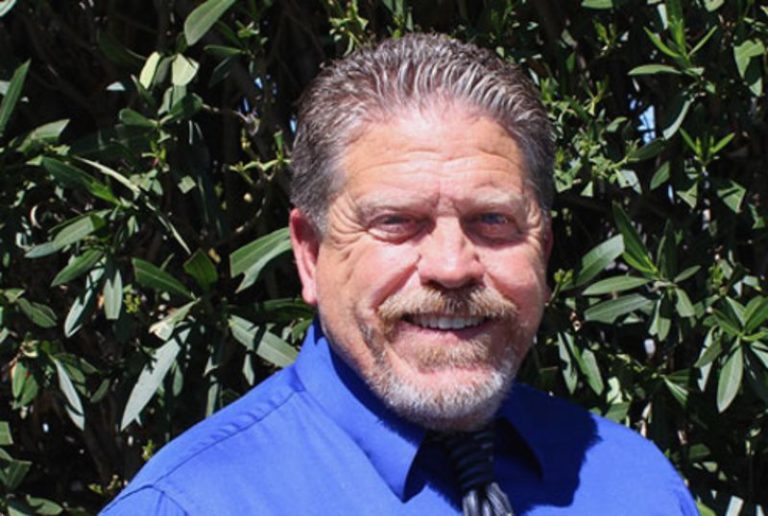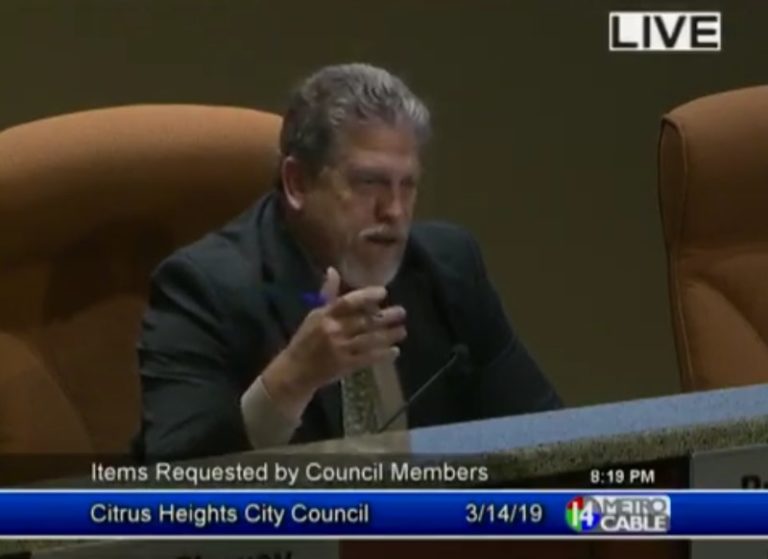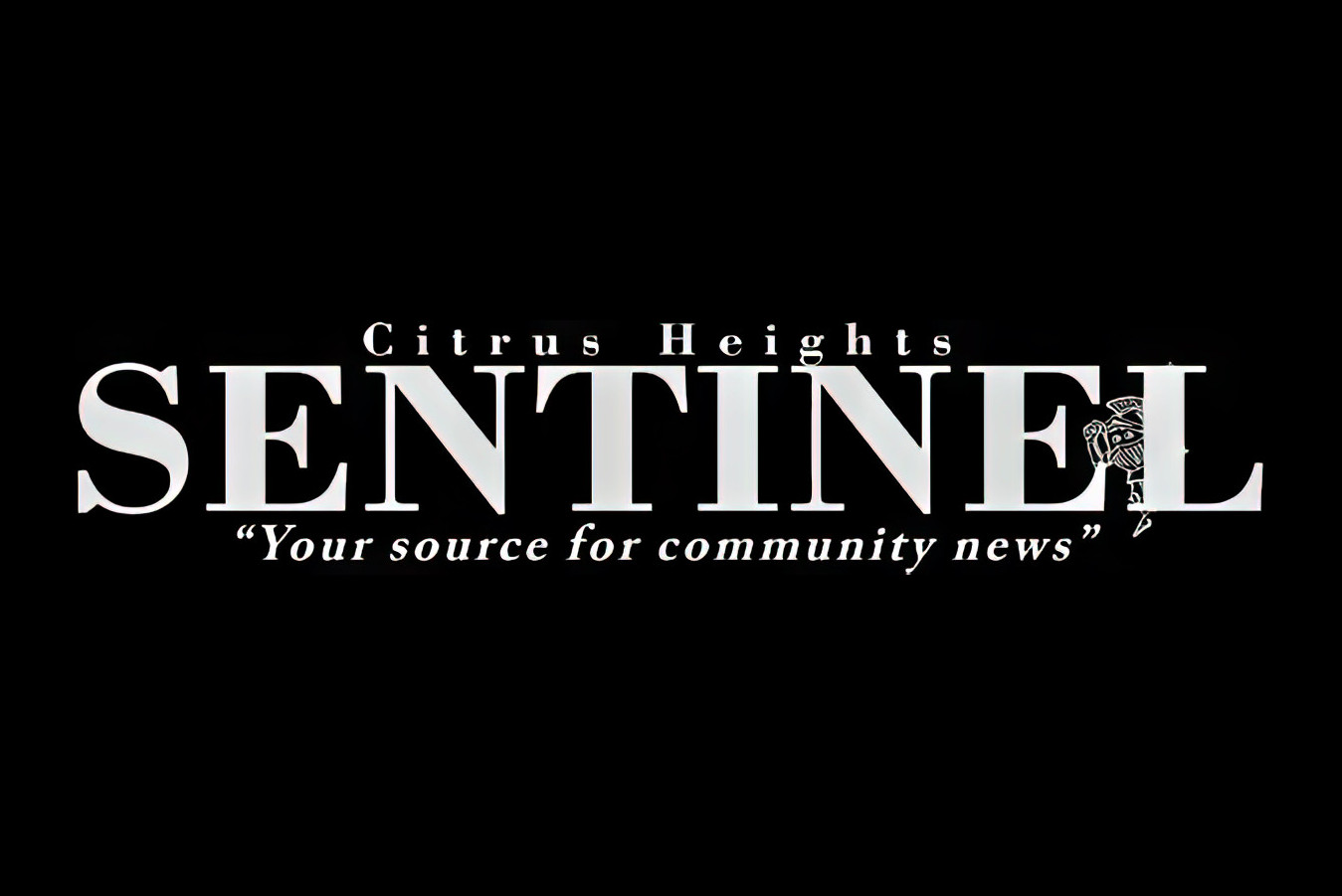Bret Daniels

Guest Opinion: 7 myths about Measure M
As a citizen of Citrus Heights for many years and serving on the City Council for ten years, I am very familiar with the inner workings of City Hall and how things are done.

Election 2020: Who’s running for Citrus Heights City Council?
With two seats up for election on the City Council this year, a total of four residents have qualified to run for the positions.

Opponents mobilize to fight Measure M sales tax proposal in Citrus Heights
Opponents of a $12 million sales tax increase in Citrus Heights are beginning to mobilize to defeat the measure in November.

Election 2020: Citrus Heights mayor won’t seek another term
Jeff Slowey, who is currently serving as mayor of Citrus Heights, was not among the names of candidates who filed by the Aug. 7 deadline to run for City Council this year.

Citrus Heights News Briefs: election, $1M bail, police, obituary
Latest local news briefs include supportive messages written to police from area children, a judge rejecting a request to lower $1 million bail for a man accused of assaulting a police officer, six residents pulling papers to run…

Citrus Heights council members take step to oppose AB 392 use-of-force bill
Sentinel staff report– The city’s mayor and at least three other council members directed the police chief during a March council meeting to draft a resolution and letter opposing proposed state legislation that seeks to narrow the circumstances…

Citrus Heights City Council approves first-ever $12M line of credit
Updated 7:23 a.m., Nov. 18– Sentinel staff report– Citrus Heights City Council members on Thursday night unanimously voted to approve a $12 million revolving line of credit, making it the first time the city has ever authorized incurring…

Guest Opinion: Three Citrus Heights council members got it wrong
Guest opinion submitted by David Warren– The primary safeguard of a democracy is the requirement that officials act only under the light of public scrutiny, and the Brown Act requires placing all matters for which action is taken…

The Civic Minute: what’s happening at Citrus Heights city hall? (Nov. 9)
ARCO gas station proposal. Hazardous waste drop-off. Half-million dollar grant. Backyard chickens. Those are some topics on the agenda for the Citrus Heights city council’s upcoming Nov. 9 council meeting. Here’s a brief summary of what’s on schedule,…

New map shows proposed 55-acre housing development in Citrus Heights
Sentinel staff report– While California faces an ongoing housing shortage, one developer is slowly making progress on plans to bring several hundred new housing units to a 55-acre chunk of undeveloped land in Citrus Heights, near Sunrise Boulevard…



